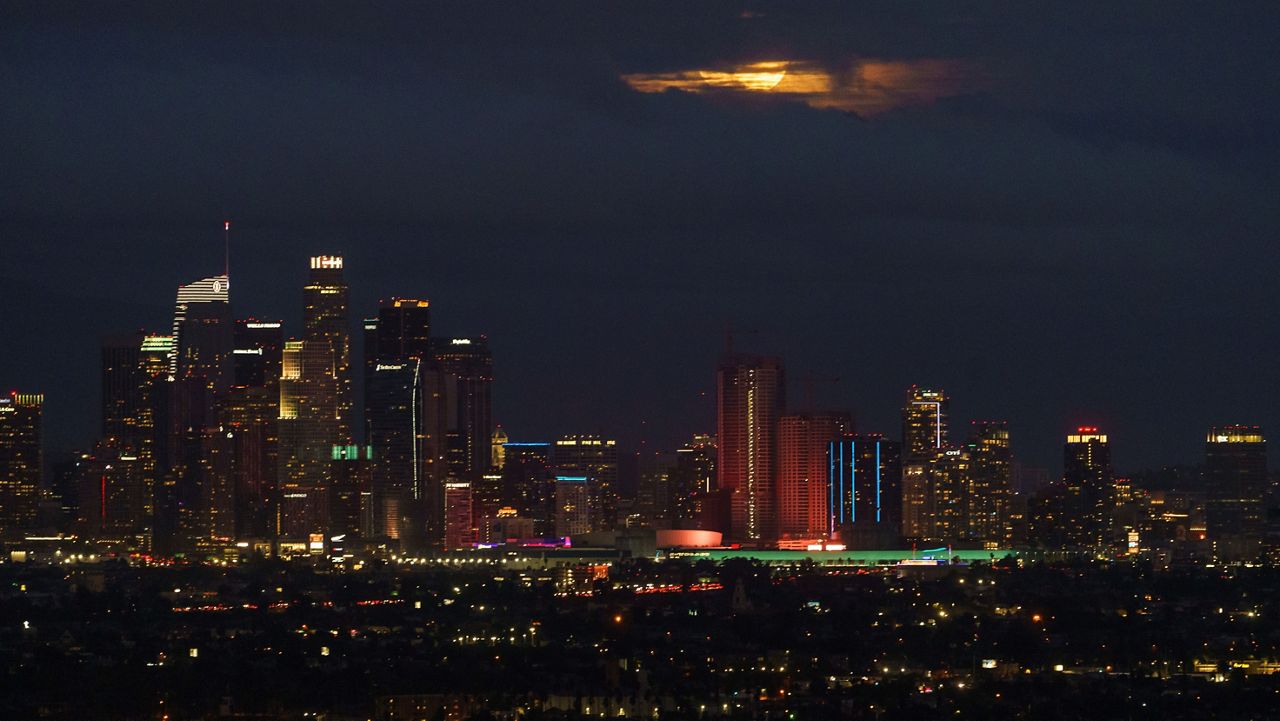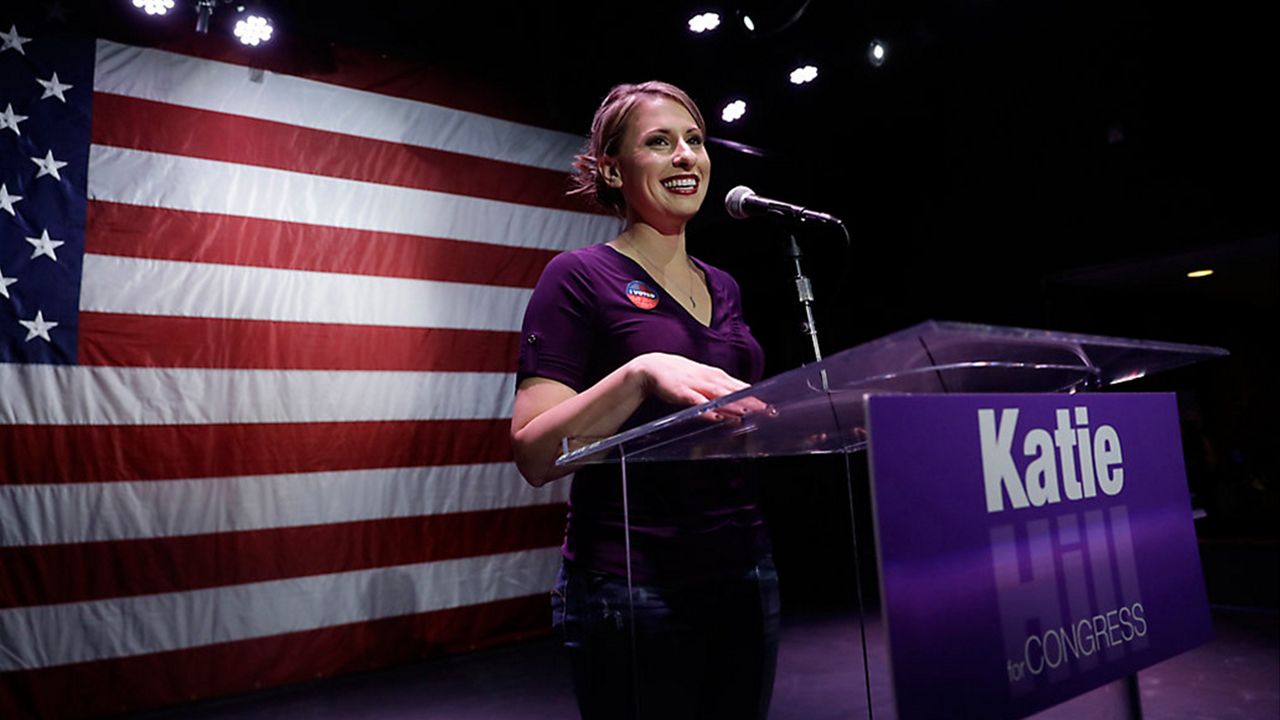Tre'vell Anderson is a journalist, social curator and the host of the “Beyond the Binary” podcast who identifies as nonbinary and uses they/them pronouns.
Anderson spoke to “Inside the Issues” host Alex Cohen during Pride month about their expansive definition of what it means to be nonbinary.
“Some people who use the language of nonbinary use it to describe their gender presentation, their gender expression, how they wear their clothes, different things like that,” Anderson said. “For others of us like myself, nonbinary is my gender identity, it means that I don't identify as a man, I don't identify as a woman, I'm somewhere in between.”
Anderson noted that being nonbinary is also about pushing against gender roles and structures as they are currently dictated in our culture.
They explained this gender identity has a long history in other cultures around the world. Before colonialism and the entrance of Western conceptions of gender, several parts of Africa and Asia structured their societies in ways that were not necessarily patriarchal and contained people who would now be considered transgender or outside of the gender binary.
“Oftentimes people look at nonbinary as this new fad, liberal creation, when in reality, we just don't know our history because it's been removed from the history books,” Anderson said. “The archive of gender transgression has been continuously erased, every decade or so. People feel as if it's something new, when in reality, we belong to a long lineage of gender transgressors.”
The “Beyond the Binary” podcast host explained this erasure leads to cis people, or people who identify with the gender they were assigned at birth, to be more ignorant, insecure and intolerant when interacting with members of the non-binary community.
Anderson argued nonbinary people are the definition of freedom since they are living as their most authentic selves no matter society’s restrictions. However, they said nonbinary people can oftentimes face backlash from people who are envious of their liberation.
“When people see us nonbinary folks looking at all of that restriction and control in the face and saying, “we're gonna do our own thing,” it activates something, a jealousy within themselves until they feel as if they have to legislate our identities out of existence.” Anderson said. “They feel like they have to prove to us that we are wrong or deviant, when in reality, we are making a world that holds all of us, no matter how we show up.”
The journalist and social curator said greater representation and visibility of non-binary people in pop culture is a step in the right direction but more cis-identified folks need to show up for the LGBTQ+ community in their everyday lives so that people living outside of the gender binary can feel safe in public.
Click the arrow above to watch the conversation.
Let Inside the Issues know your thoughts and watch Monday through Friday at 8 and 11 p.m. on Spectrum News 1.











